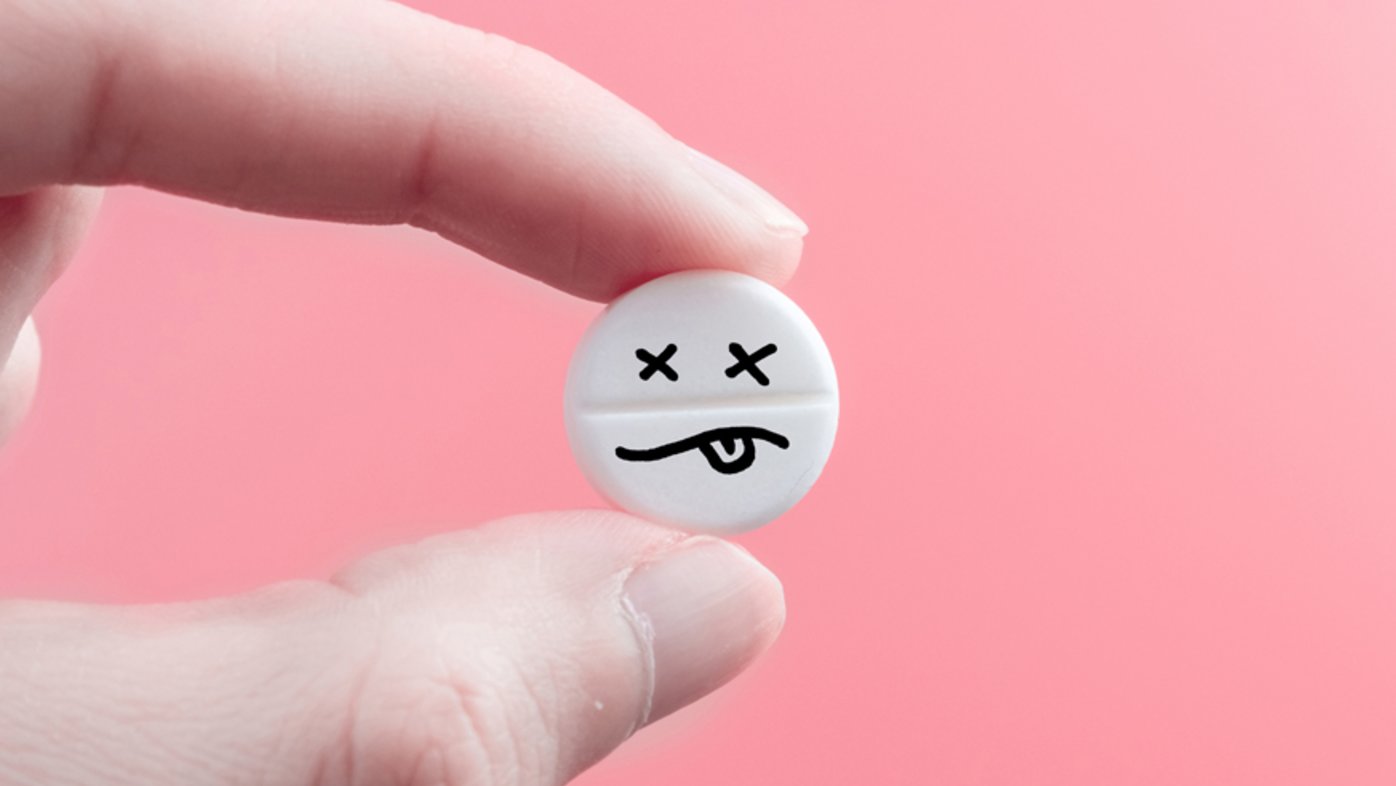
5 things to know about fentanyl
The rise in risky fentanyl use and fentanyl-related overdose in adults — and children — may be due to its easy access and abundant availability.
“If there are no dogs in heaven, then when I die, I want to go where they went.” — Will Rogers
Whether insisting it’s time for a hearty walk, lending a soft ear when we’re down or inducing a belly laugh with their zoomies in the grass, dog parents everywhere will agree: Our canine companions are simply sustenance for the soul.
The invaluable benefits of owning a dog is nothing new. According to the Centers for Disease Control and Prevention (CDC), along with the sheer companionship they provide, dogs (and other pets) offer a variety of specific health benefits, including:
Decreased blood pressure and cholesterol levels
Decreased levels of triglycerides (a type of fat in the body)
Reduced feelings of loneliness
Increased opportunities for exercise and outdoor activities
Improved opportunities for social connection
“Dogs are nature’s anti-anxiety medication,” says Candy Elson, lead medical social worker for Sharp Grossmont’s Behavioral Health Services.
“In fact, scientific studies indicate that petting a dog releases pleasure hormones, or endorphins, and is a chemical- and substance-free way to feel good.”
In addition to their apparent homeo-paw-thic properties, dogs can be a boon for people who may be lonely, introverted or simply looking to have a conversation — even if it might be one-way. Add to it that they are in a perpetually aiming-to-please mode and the most loyal of beings and you have a companion that can lift your spirits when you need it most.
“Dogs are sentient creatures and fully able to respond to our tone of voice and mannerisms,” says Elson. “Humans are hard-wired to be social and talk, and dogs are living beings to interact with, especially for people who live alone, are empty nesters, older adults, and those confined to home with health issues.”
Dogs sense sadness and come to our aid. They know when we’re scared and are fierce protectors. It’s no mystery why they’re hired worldwide to assist people with disabilities, join the police department, visit people who are hospitalized, and protect their families from harm.
They’re also good for our social lives, and can help those who have difficulties finding ways to interact with others.
“Dogs are a great way to connect with people, particularly if you are shy, lonely or depressed, or if you just simply find it difficult to initiate social contact,” says Elson.
“Walking around the neighborhood or going to a local dog park or beach is a great way to interact with others in a low-stress, nonthreatening manner,” Elson says. “There’s always a furry common topic at hand to break the ice, such as “how old is he?,” “does he like to play with other dogs?” and the ever-popular “what IS he?”
Those with low self-esteem or a fear of failing often find a sense of accomplishment in raising a well-mannered, loving pooch — as much as parents do with their children — and are proud to share their success with others.
In short, we owe a debt of gratitude to these creatures who have clearly earned the title of man’s best friend, for the impact they have on our daily lives and their ability to make us smile at a moment’s notice.
Elson sums it up perfectly: “They are uncritical, they make us feel special and valued, and they love us to bits.”
Doggone right.
Our weekly email brings you the latest health tips, recipes and stories.